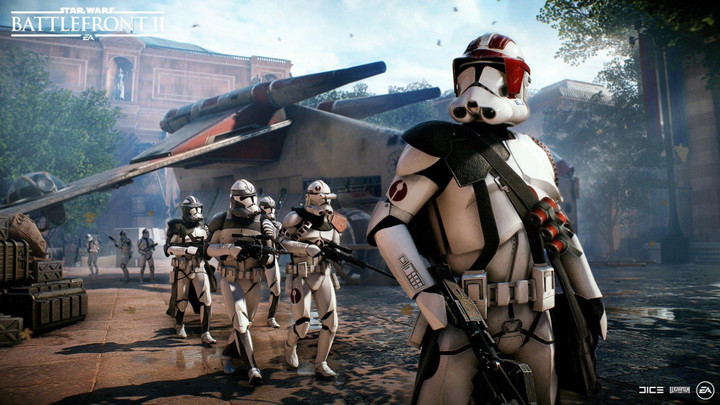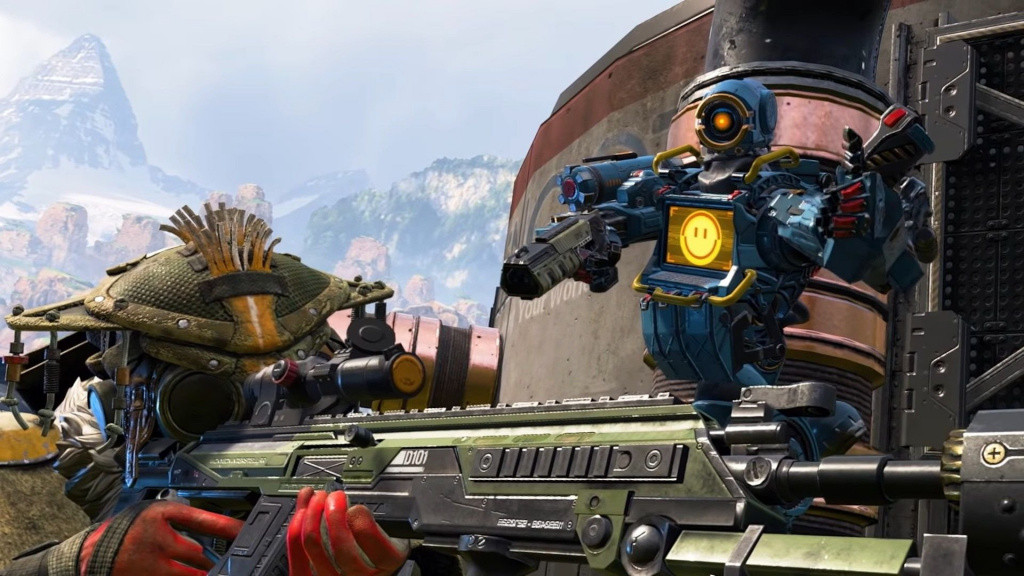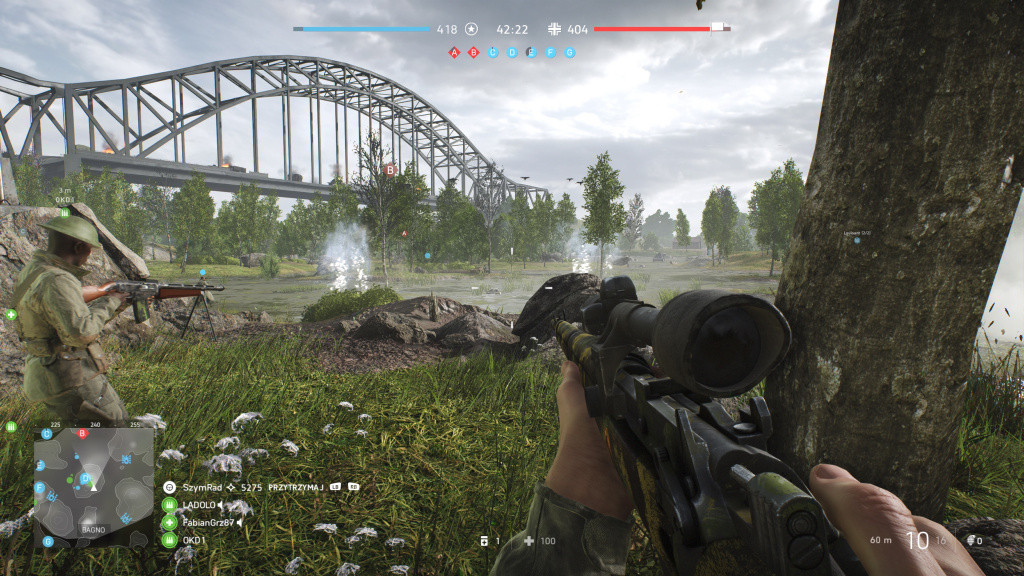If you've played any competitive online game in the past 20 years, you know that basically there's no game where players don't complain about the matchmaking system.
Problems with matchmaking systems are as old as competitive gaming itself, and it seems that no game or company will ever come out with the perfect system, you simply can't keep everyone happy all the time.
A good matchmaking system is one of the key components in making a balanced and fun experience for everyone online, and that's why a lot of resources is spent on that segment of the development of multiplayer video games.
Around two years ago, Electronic Arts (EA) filed a patent for their new matchmaking system based on the retention time of players. Last week, 7th April, that patent was approved, and you can read it in full by following this link.
Besides regular stuff that is usually included in matchmaking systems, like a playstyle, skill level, character selection history, or a role history, this new system particularly emphasizes retention time of players and matching people who spend more time in the game with other people who are spending a similar amount of time.
"Embodiments of systems presented herein may identify users to include in a match plan. A parameter model may be generated to predict the retention time of a set of users. A queue of potential users, a set of teammates, and/or opponents may be selected from a queue of waiting users. User information for the set of teammates and/or opponents may be provided to the parameter model to generate a predicted retention time. The set of teammates and/or opponents may be approved if the predicted retention time meets a predetermined threshold. Advantageously, by creating a match plan based on retention rates, the engagement and/or retention level for a number of users may be improved compared to existing multiplayer matching systems," says the patent's abstract.
On the one hand, this means that ragequitters will be grouped with other ragequitters, while players who are willing to play games till the end will be grouped with similar players. On the other hand, this will also calculate the overall time spent in the game, which means that, for example. a dad with a job who plays a game only ~2 hours per week, the system will try to match him with players who spent a similar amount of time in the game, if possible.
- Read more: Trios are now back in Warzone
Both of these uses seem like a good innovation for matchmaking systems, but we yet need to see how that system works in practice. Maybe the Apex Legends will be the first game to use it?

 No ads, our video library,
No ads, our video library,



